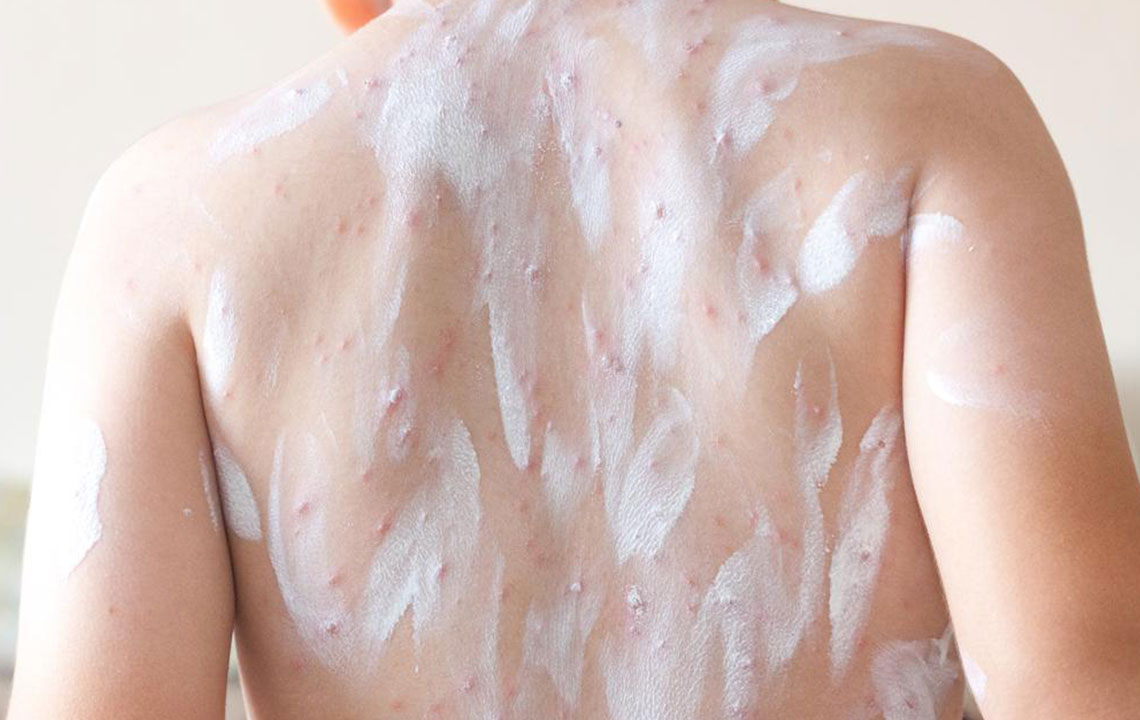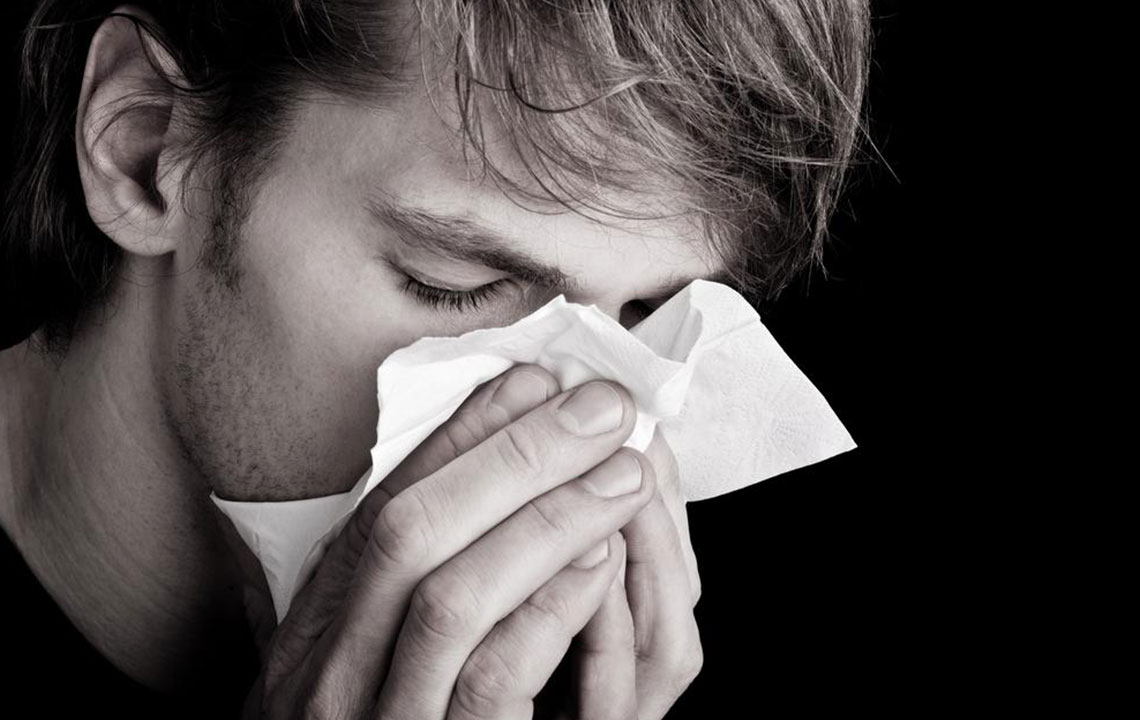Effective Strategies for Managing Eczema Symptoms
This article offers practical tips for managing eczema, including the use of moisturizers, short warm baths, UV therapy, and antihistamines. Early symptom recognition and professional consultation are emphasized for effective treatment. Home remedies can provide additional relief alongside medical treatments, helping to control flare-ups and improve skin health.

Effective Strategies for Managing Eczema Symptoms
Eczema, characterized by sudden dry, scaly skin and persistent itching, commonly accompanies redness caused by germs and moisture loss. While medical treatments can help, they often lose effectiveness over time as no permanent cure exists yet. Fortunately, some home remedies can significantly mitigate symptoms. Recognizing early signs of eczema is crucial for better treatment outcomes.
Combining doctor-prescribed therapies with over-the-counter options and home remedies can provide relief. Here are some practical approaches:
Non-perfumed moisturizers: For eczema-prone skin, products with menthol or camphor can soothe irritation and reduce sweating, alleviating itching when used regularly.
Brief, warm baths: Short, warm showers help lock in skin hydration and prevent bacterial growth. Prolonged hot baths may worsen skin conditions.
UV light therapy: This treatment can effectively target severe eczema flare-ups, reducing rashes, redness, and itching, often surpassing traditional medications.
Antihistamines: These medications may cause drowsiness but are useful in controlling eczema symptoms when advised by a healthcare professional.
Early symptom detection and prompt dermatological consultation are key to effective eczema management. Always seek professional medical advice for personalized treatment.










